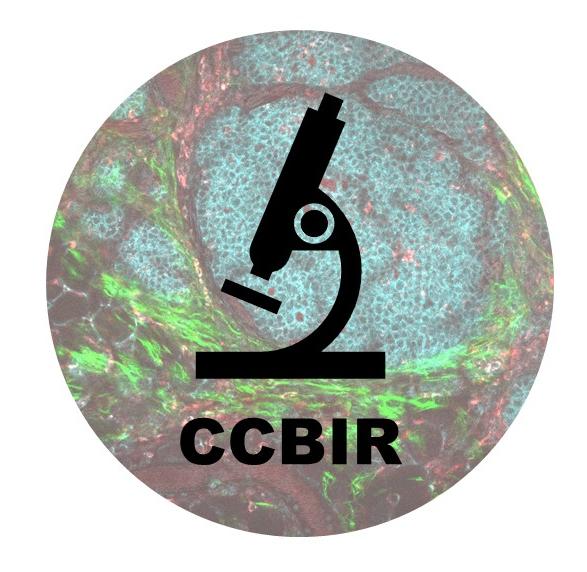CCBIR News
Four CCBIR Centers have been funded to develop innovative imaging approaches to enable cancer biology studies.
The Center for 3D Imaging in Cancer Cell Biology at Johns Hopkins University, led by Dr. Denis Wirtz and Dr. Laura Wood, is developing new tools to visualize breast and pancreatic tumors at high spatial resolution. The multidisciplinary team at this CCBIR Center is also integrating computational and experimental approaches to understand the spread of cancer cells from the primary tumor to distant sites.
Dr. Vadim Backman, Dr. Daniela Matei, and Dr. Hao Zhang, are principal investigators of the Northwestern University Center for Chromatin NanoImaging in Cancer. This CCBIR Center is developing, testing, and deploying new nanoimaging technologies (that could be used in combination with molecular and computational methods) to address research questions related to the origin of cancer stem cells and their ability to adapt to chemotherapies.
The Center for Multiparametric Imaging of Tumor Immune Microenvironments at the University of Minnesota, led by Dr. Paolo Provenzano and Dr. Kevin Eliceiri, is advancing and developing live cell and tissue imaging platforms and quantitative analyses. Additionally, they are using these novel technologies to characterize physical barriers that limit anti-tumor immunity and immunotherapy.
At the CCBIR Center at the University of Texas Southwestern, Dr. Gaudenz Danuser and his team are developing a high-resolution imaging platform that can maintain sufficient experimental throughput to discover mechanisms of metastasis at the single-cell level.
CCBIR Resources for Researchers
Contact for CCBIR
For additional information about the CCBIR, please contact Dr. Steven Becker.
Funded Projects
| Institution | Principal Investigator(s) | Project Title |
|---|---|---|
| University of Minnesota | Paolo Provenzano, Kevin Eliceiri | Center for Multiparametric Imaging of Tumor Immune Microenvironments |
| Northwestern University | Vadim Backman, Daniela Matei, Hao Zhang | Northwestern University Center for Chromatin NanoImaging in Cancer |
| Johns Hopkins University | Denis Wirtz, Laura Wood | Center for 3D Imaging in Cancer Cell Biology |
| University of Texas Southwestern | Gaudenz Danuser | Imaging Mechanisms of Metastatic Tumor Formation In Situ |
